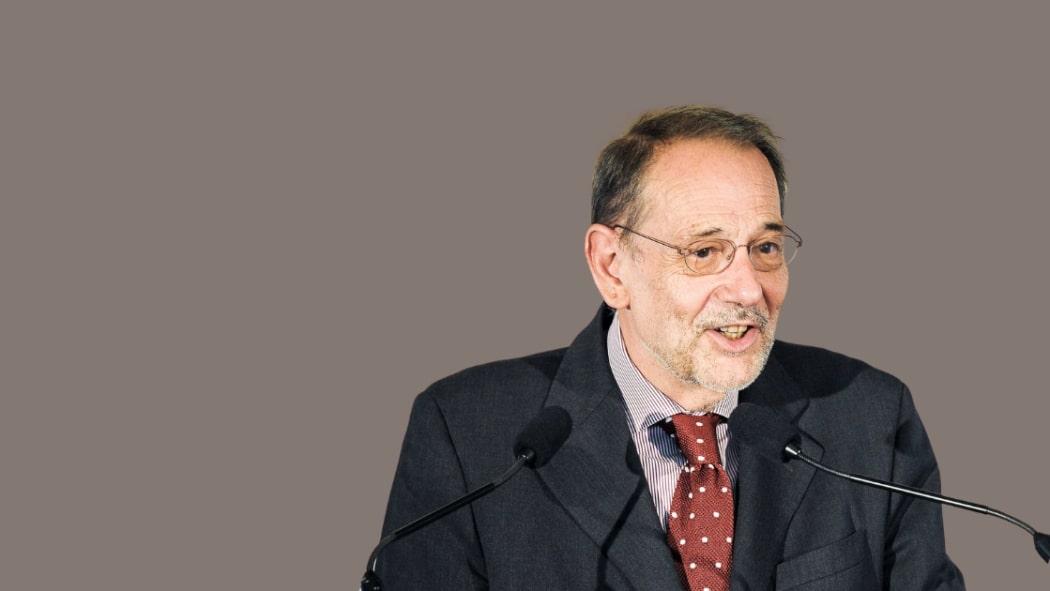About Military Power EuropeEuropeans have woken up to a threat of war after several decades of peace and progress for most. This realisation, caused by Russia’s war against Ukraine, is about to fundamentally change the nature of the European Union.
Cross-border stories from a changing Europe, in your inbox.
Cross-border stories from a changing Europe, in your inbox.

